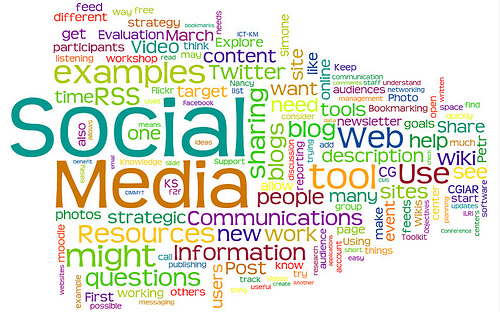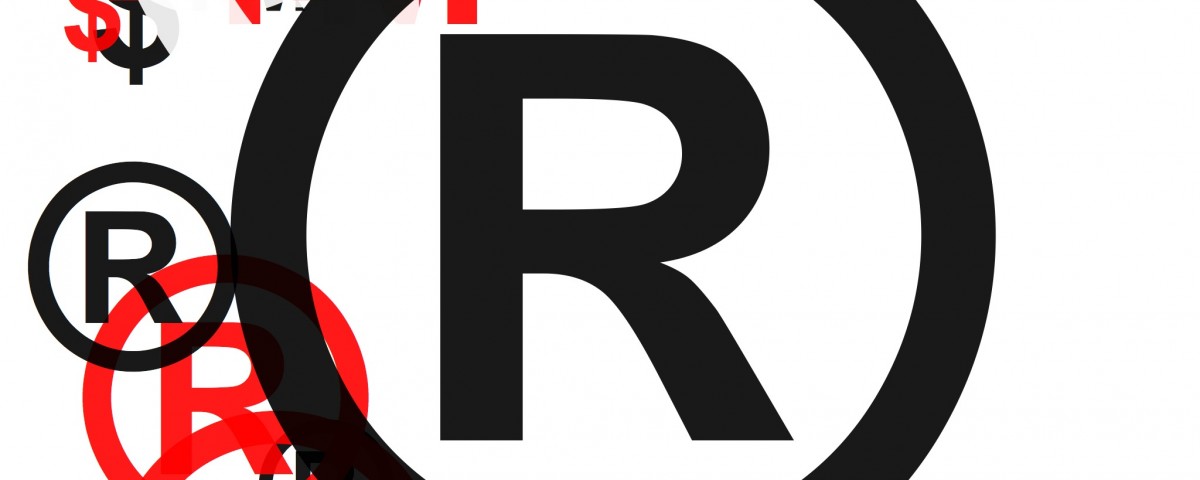
Using Facebook To Promote Your Business
May 17, 2012
The Difference Between POP & IMAP Email
April 5, 2016The American Marketing Association defines a brand as a “name, term, design, symbol, or any other feature that identifies one seller’s good or service as distinct from those of other sellers.”
However, a brand is more than just a logo, slogan or a company name. Your brand is, in essence, a pledge to your customers. It is the way that a customer perceives and experiences your product or service. It includes your reputation, visibility and your ability to attract satisfied customers who will make referrals. When all of these elements align, your message will resonate with consumers and position you for success.
A brand should imprint a specific image in the minds of your customers. It is a critical part of any business marketing strategy because it focuses on the relationship between the business and the customer. It should set your customer’s expectations, but also meet those expectations.
A well-managed brand hardly needs to introduce itself. Within your target market, people will already know your business, its personality, and the promise you make to customers — all based on what they”ve seen and heard through your marketing communications. Without a well-managed brand, you’ll spend your time trying to introduce your business and gain customer confidence, while an established brand can focus on their products/services and making the sale.
Here are some tips to creating, improving and maintaining a successful business brand:
Identify Your Message
A good brand starts with a consistent message. It tells people who you are and defines your business. A good brand will deliver your message in a clear and concise manner and increase your credibility.
Remember to keep your message simple. Your brand should be relevant, creative and unique. Recognize the needs of your customers and create a business identity that delivers.
Planning Your Brand
When planning your brand, please consider these important questions:
- What will your brand represent to your customers?
- What is your goal or customer promise?
- Do you specialize in a specific product or service?
- What qualities and values are important to your business?
- What are the demographics of your customers?
- What sort of customers do you want to attract?
- What images do you want your brand to invoke in your customer’s minds?
- Why do they choose your business and prefer to buy from you again and again?
Consistency
You should be consistent with your brand across all platforms, whether it’s Facebook, Twitter, your website, your business card, billboard or television advertisements. It’s important that your brand resonates with your customers, to keep them coming back. When all of your marketing communications create a single impression for your business, they build a strong brand.
- Project a consistent look (using the same logo, color schemes and slogans for all marketing)
- Project a consistent tone in your communications
- Project a consistent level of quality with consistent products and services
Know Your Market
It is critical that you have a clear understanding of your competitors and who they are. Research their products/services and learn what they do well… and not-so-well. You may be able to find a niche where your competitors are failing to deliver to their customers. Understanding your competitors is essential to building your brand because it allows you to recognize how to create an image that is different and unique.
Stand By Your Brand
For your brand to be successful you must commit to it. If you don’t employ your business brand, or if it is constantly changing, your customers will never identify with it. This is integral to growing your business and becoming a mainstay in your industry and market. The longer you are consistent with your brand, it is more likely that customers will recognize it and put you on the path to establishing an identity for success.
Clarity and consistency are key to getting it right — each and every time! A well-managed brand creates a strong emotional connection, which fosters loyal customer behavior.


